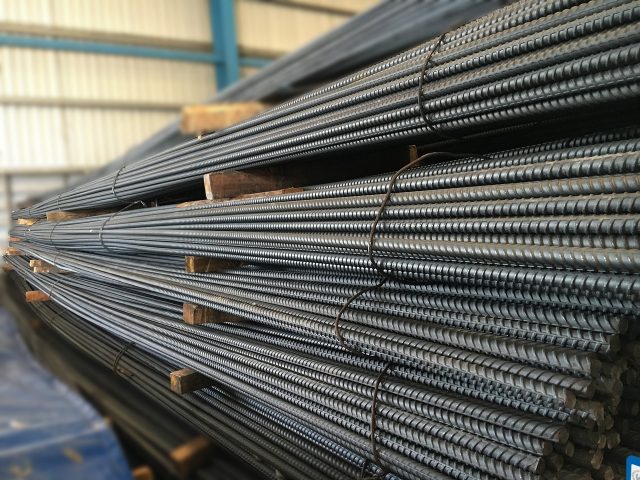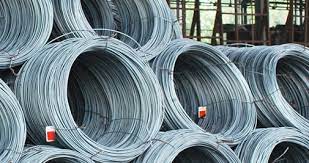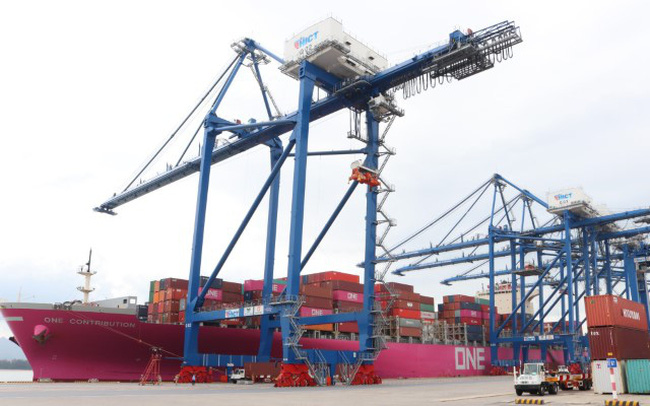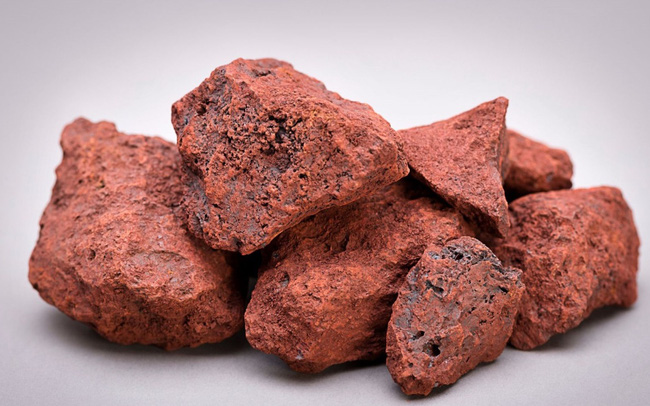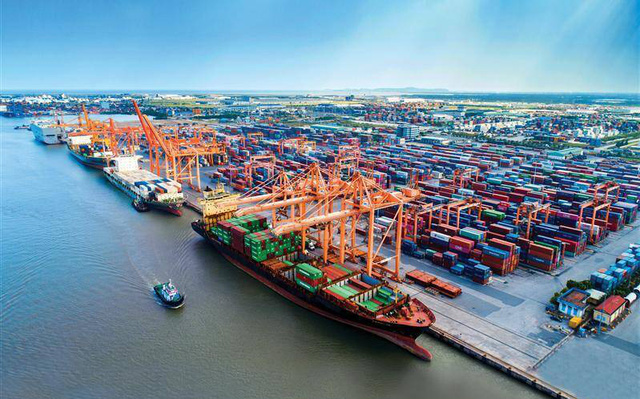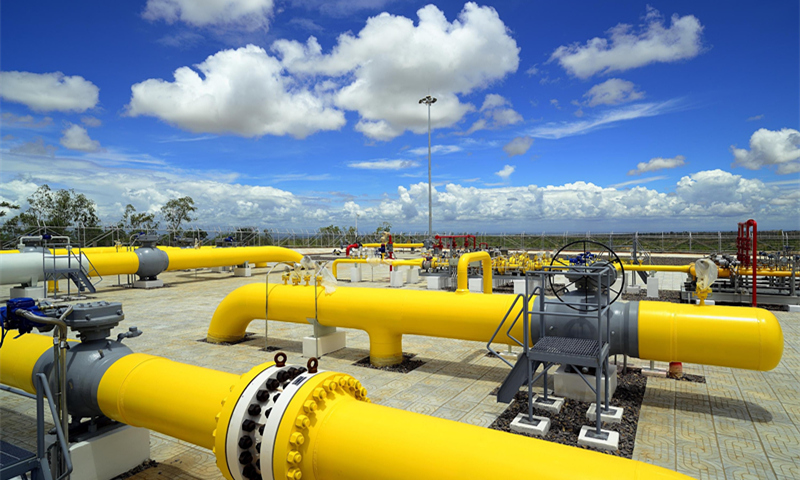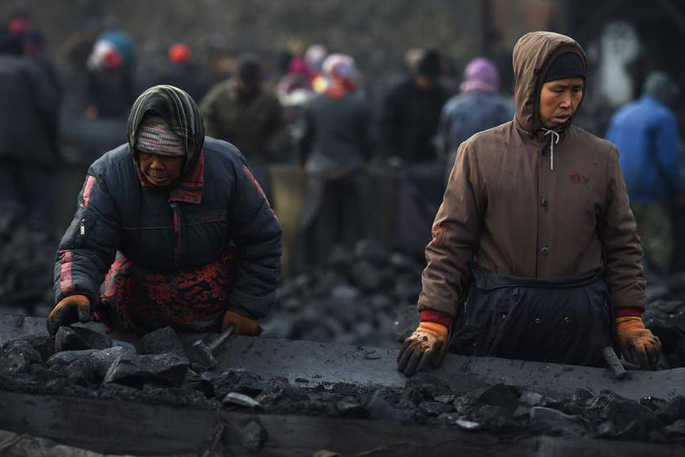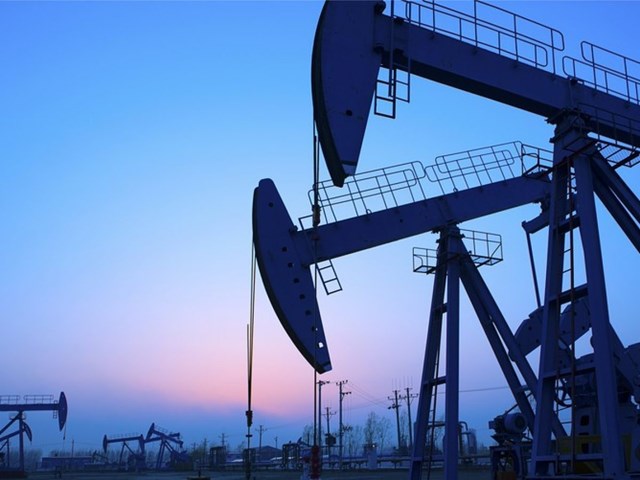Flooding in major coal-producing province Shanxi has pushed prices up to 1,508 yuan a tonne ($234) even as the government tries to boost output. Beijing clearly needs other measures to prevent more generators from shutting down turbines and causing power outages due to the midwinter cold. The solution given is to drastically reorganize the factories that consume most of the country’s electricity.
Note: Total US data goes up to more than 100%.
Industry only accounts for about 25% of electricity demand in the US, but in China it is 59% – more than all homes, offices and retail stores combined.
Cheap energy is an essential tool for economic development, and the Chinese government has long encouraged large users to get cheaper electricity as they consume more. With about two-thirds of the grid powered by coal, the cost of coal mining determines the energy bills of industrial companies.
The problem is that coal will not be cheap. As a series of illegal and dangerous coal mines were closed, the cost of coal production jumped 40% in 2017. The cost didn’t really go down until COVID-19 hit, and has since climbed. up 57% in the 12 months to August, Bloomberg said.
This increase may be acceptable if factories use energy to make high-value goods – but it is not. China now consumes more electricity than Britain and Italy per capita, but far behind in terms of economic output.
Determined to achieve President Xi Jinping’s goal of being carbon neutral by 2060, Beijing policymakers have identified areas of “dual high” – that is, energy consumption and carbon emissions. are all big – is the culprit. These include many industries that have grown rapidly in recent decades, such as cement, steel, base metals, refining, chemicals and glass.
In total, these industries generate more than half of China’s emissions.
This week, China’s National Development and Reform Commission (NDRC) issued revised rules. Accordingly, residential and agricultural consumers will continue to buy electricity at a fixed price and smaller users will see electricity costs fluctuate in a band.
Meanwhile, there will be no barrier to electricity prices that “double high” industries must pay. This means that the entire cost burden of power generation plants will be transferred to the “double high” industries.
The measure will reduce demand pressure on the grid and encourage inefficient industries to upgrade to create more value, said Wan Jinsong, Head of Pricing at China’s National Development and Reform Commission. .
The solution above sounds reasonable – but we shouldn’t underestimate how the impact will spread. In recent decades, the world has been fascinated with China’s cheap energy-made goods.
About half of the world’s metals are produced in China, and a fifth of the oil is refined there. Prices for energy-intensive products – from aluminum to solar panels to bitcoin – depend on China’s low industrial energy tariffs.
With electricity costs for “double high” industries rising, worldwide inflationary pressures could follow. The consequences the world suffers from the flooded coal mines of Son Tay may not be over yet.
T&G International Joint Stock Company
Address: 352 Hue Street, Le Dai Hanh Ward, Hai Ba Trung District, Hanoi
Hotline: 0345786803
Email: hrm@tginterjsc.com
Website: http://tginternationaljsc.com





